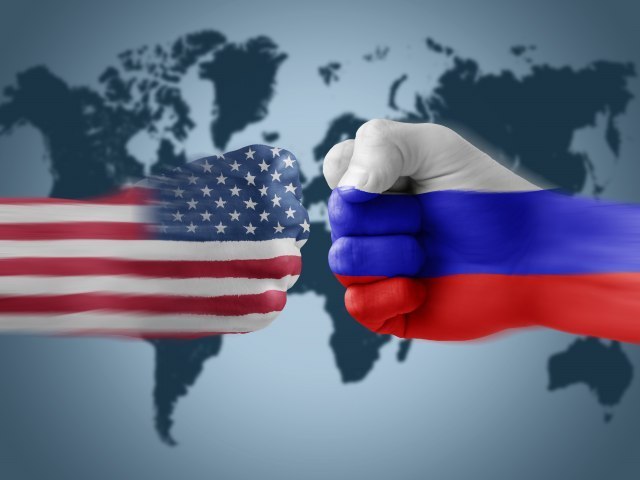US analyst on the new "Balkan Great Game"
US analyst and Balkan expert Janusz Bugajski believes the West must respond much more vigorously to Russia's expanding influence in the Balkans
Wednesday, 29.01.2020.
09:29

US analyst on the new "Balkan Great Game"
Janusz Bugajski, Senior Fellow at the Center for European Policy Analysis (CEPA) in Washington DC, claims that the struggle for influence between major powers, namely Russia and Western European powers, is still ongoing in the Balkans, similar to that waged in the 19th century."The Great Game, a prolonged 19th century confrontation between the British and Russian empires in Central Asia, is often invoked as a prime example of the struggle for influence between major powers. But another Great Game was played out at that time in the Balkans between Russia and several European powers when the Ottoman empire began to retreat", Senior CEPA Fellow stated.
"We are now witnessing the 21st century version of the Balkan Great Game, but where Moscow relies on subversion and deception as it cannot compete militarily or economically with the West", Bugajski concluded.
He considers the terms of Putin’s Russia "simply meddle" or "have malign intentions on the Balkan peninsula" are misleading simplifications that disguise Moscow’s long-term objectives and may, thus, weaken the urgency of a concerted Western response.
In a text published on CEPA website, the author claims that the Kremlin views the Balkans as a strategic asset and pursues at least four consistent goals.
As he sees it, the first goal is to expand Russia’s geopolitical reach. He gives the example of Moscow’s influence over Balkan governments, "its military deployments (as in Serbia)", and its institutional presence.
A second goal, according to Bugajski, is to fracture Western cohesion and undermine the role of Western institutions. Namely, by fomenting conflicts, it does not only contributes to unsettling the Balkans, it also divides international responses. One most recent example was the territorial exchange gamble between Serbia and Kosova supported by Moscow and opposed by some Western states.
A third Russian objective, according to Bugajski, is "to undercut the U.S. presence". The main reason for obstructing NATO enlargement is to prevent a growing American military influence in the Balkans.
"A fourth Kremlin goal is to gain allies or supplicants. This is where the economic and energy dimensions are most pronounced in corrupting, blackmailing, bribing, or subordinating officials and politicians who can assist Moscow", Bugajski explains.
In the context of these strategic objectives, Moscow deploys a broad arsenal of tactical tools, promoting "local nationalism to stir conflicts between rival nationalist projects and enable the Kremlin to intervene diplomatically".
Among examples of such claims, Bugajski also mentions Kosovo, whose membership in the UN, he believes, has been persistently blocked by Russia.
He believes that in the Kosovo case, "the Serbian minority is courted as a repressed nationality in order to fan internal conflict".
























































Komentari 23
Pogledaj komentare